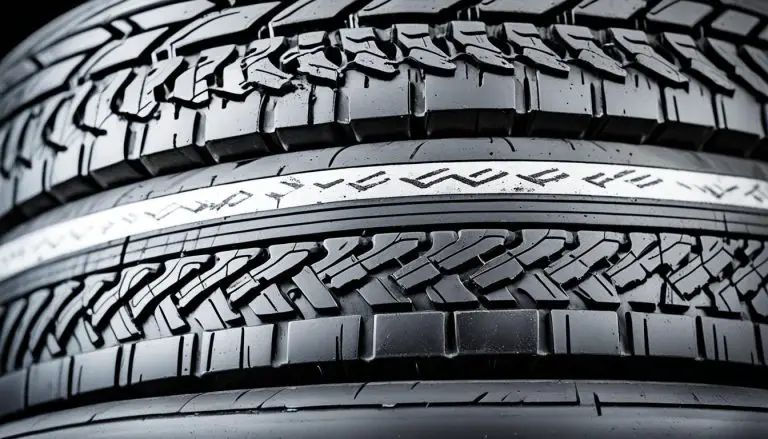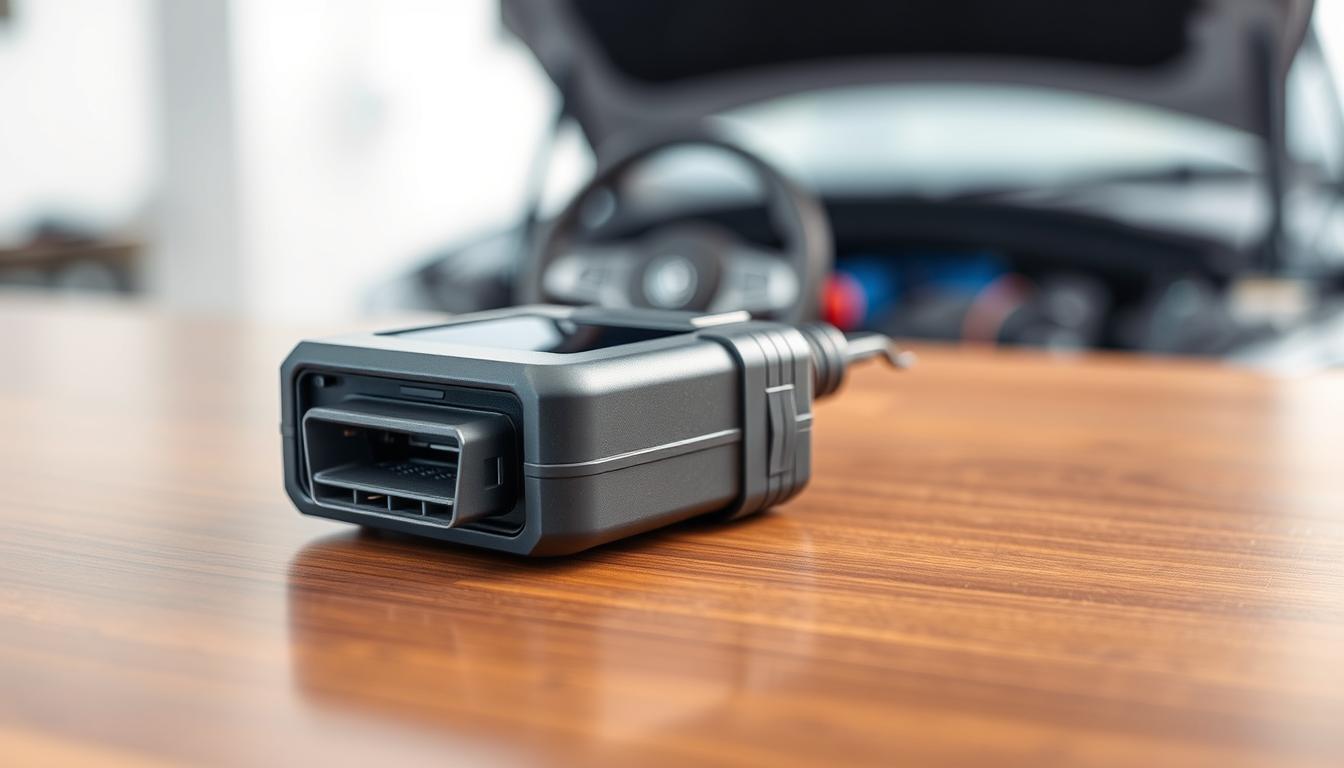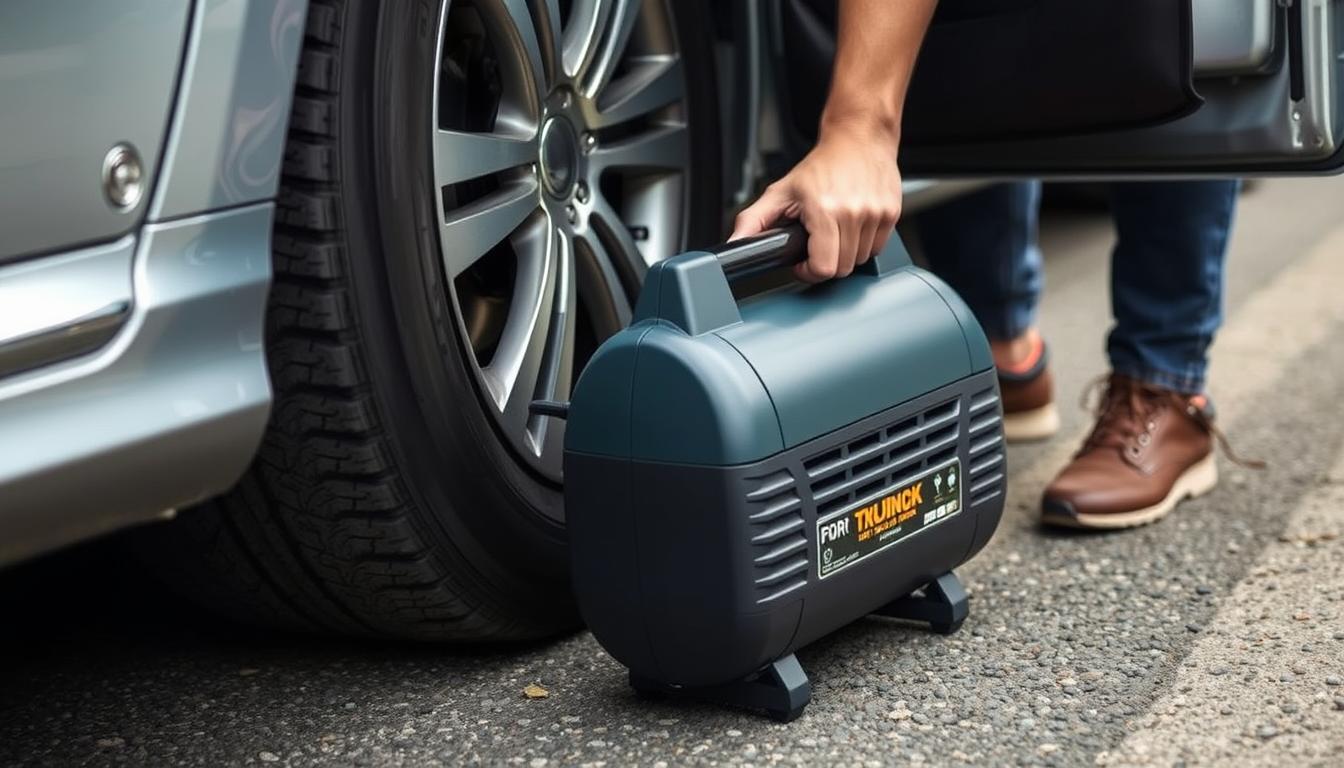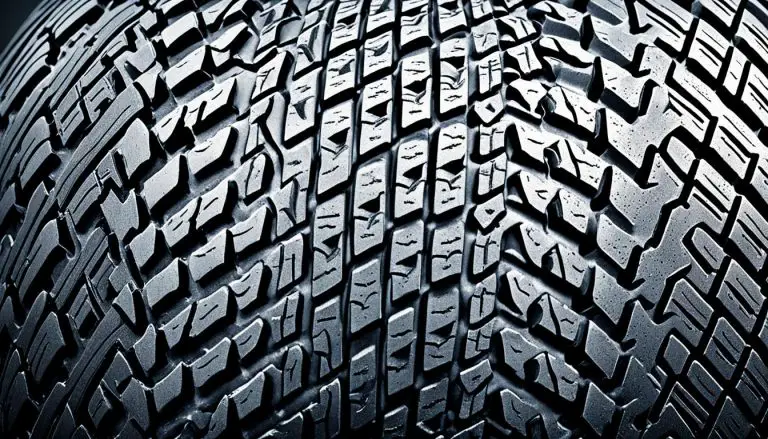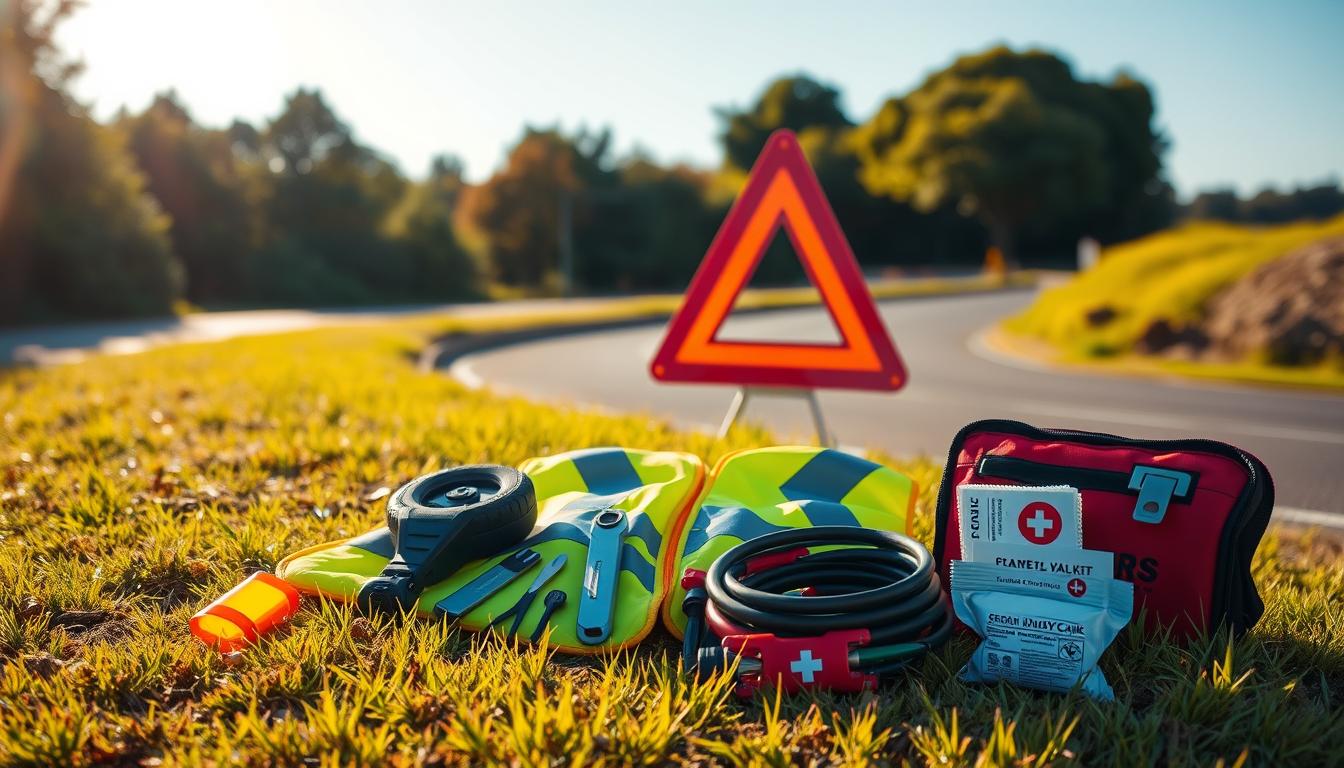
Over a lifetime, the average person will use more than 30 tires. These tools keep us safe while driving by touching the road directly. Tires are vital for both smooth highway rides and safe backroad adventures.
Walking into a tire store might seem daunting. There are tons of options and knowledgeable staff ready to help. But don’t worry. This guide will make understanding tire information easier, covering everything from types to how to pick the best set.
We will go over all you need to know about tire pressure, tread depth, tire rotation, and replacement. Plus, we’ll talk about tire warranties and safety. With this info, you’ll be ready for great, safe drives with your trusty tire companions.
Types of Car Tires
Choosing the right tire might seem hard, but it’s not when you know the differences. We’ll look at tires for all seasons, high performance, and even for winter. Let’s help you pick the best one for your car and how you drive.
All-Season Tires
All-season tires are a great pick for many. They give good traction in most weather. You’ll find they’re not too loud, last a while, and are priced right. They work well on light snow, rain, and dry roads. They’re perfect if you don’t see very cold winters or lots of snow.
High-Performance All-Season Tires
If you love to drive, high-performance all-season tires are a step up. They have a softer rubber that grips better. This makes your ride feel more sporty. They don’t last as long as all-season tires but offer better handling and turn sharper.
High-Performance Summer Tires
High-performance summer tires are all about dry roads and hot weather. They are excellent for speed and taking corners. Yet, they’re not for cold weather or snow. Their soft rubber gets hard and loses grip in the cold.
Ultra-High-Performance Summer Tires/Track Tires/Racing Slicks
For the best summer tire experience, ultra-high-performance tires are the top choice. These are for pure performance on the track. They are super soft and sticky, giving you the best possible traction. For racing fans and professionals, these are the tires of choice. However, they don’t last long on regular roads.
Winter Tires
When winter hits, and the roads get icy, winter tires shine. Their special rubber stays flexible in the cold, offering better control. They are key in snowy areas, making your car safer and easier to handle.
All-Terrain Tires
All-terrain tires are for those who love off-roading or need to cross tough terrain. They have deep treads that grip sand, mud, or rocks well. These tires might not be the smoothest on roads, but they open up a world of adventure.
Run-Flat Tires
Run-flat tires can drive you to safety if you get a puncture. They let you keep driving for a little while after getting a flat. No more sudden stops in unsafe places. They’re great for long trips or places where help is far away.
Airless Tires
Airless tires are the future, doing away with the worry of flat tires. They are made not to go flat thanks to a unique design. While they’re not common yet, they promise a future without flat tires and the need to fill with air.
Understanding Tire Information
Choosing the right tires means knowing what’s on the sidewall. You find important stuff there like tire size, speed rating, and tread-wear details.
Tire Size
Tire measurements come as numbers and letters, for instance 245/40-R18. This code tells the tire’s width in millimeters (245), the ratio of the tire height to its width (40), the tire’s type (radial, noted as R), and the wheel’s diameter in inches (18).
Speed Rating
Each tire has a speed limit it’s designed to handle safely for long periods. Speed ratings start at 75 mph (H) and go beyond 186 mph (Z). Higher ratings mean the tire can better manage heat and stay steady at high speeds.
Tread-Wear Info
The number for tread-wear shows how long the tire should last. However, the way this number’s calculated isn’t the same across all brands. It’s still useful for comparing tires of one brand. It helps you figure out which tire fits your need best, considering both its longevity and performance.
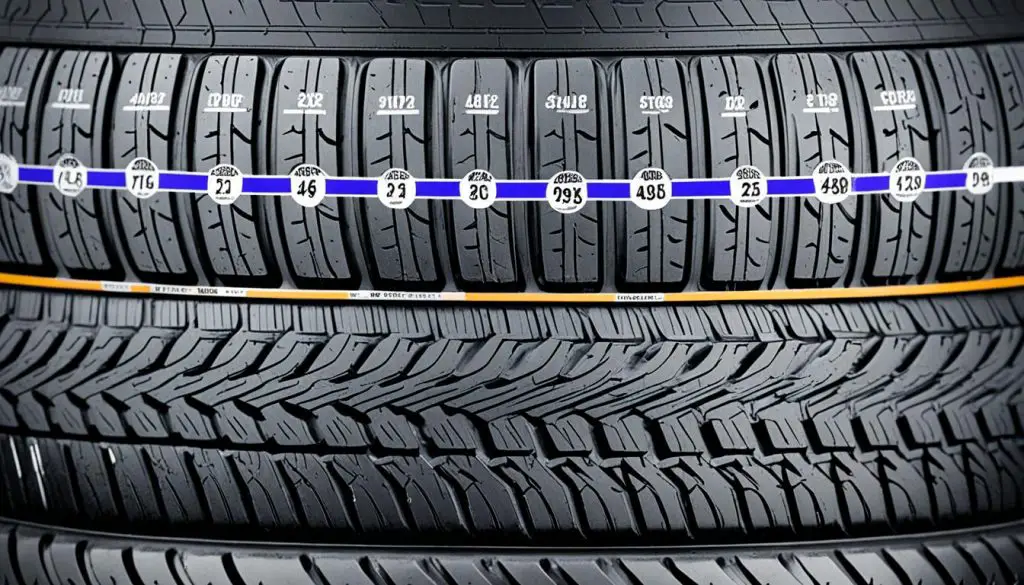
Tire Maintenance and Lifespan
Good tire care is key to making your tires last longer. It’s important to check your tire pressure often with a digital gauge. Keeping the right air pressure, as your car manual advises, can make your tires last up to 50% longer. Also, rotate your tires every 5,000 miles and make sure the car’s alignment is on point. This can add more life to your tires.
Checking Tire Pressure
Checking tire pressure once a month is easy and makes a big difference. Properly inflated tires use fuel better, help you steer and stop well, and keep you safe.
Tire Rotation and Alignment
Rotating and aligning your tires are big maintenance steps to help your tires last. Rotating them makes sure they wear evenly. And good tire alignment keeps your wheels facing right, preventing wear differences.
Tire Age and Oxidation
Tires can get old and oxidize, which leads to dry rot. This reduces the tire’s strength. Even with good tread, tires should be replaced after ten years. This rule keeps you safe and your car running well.
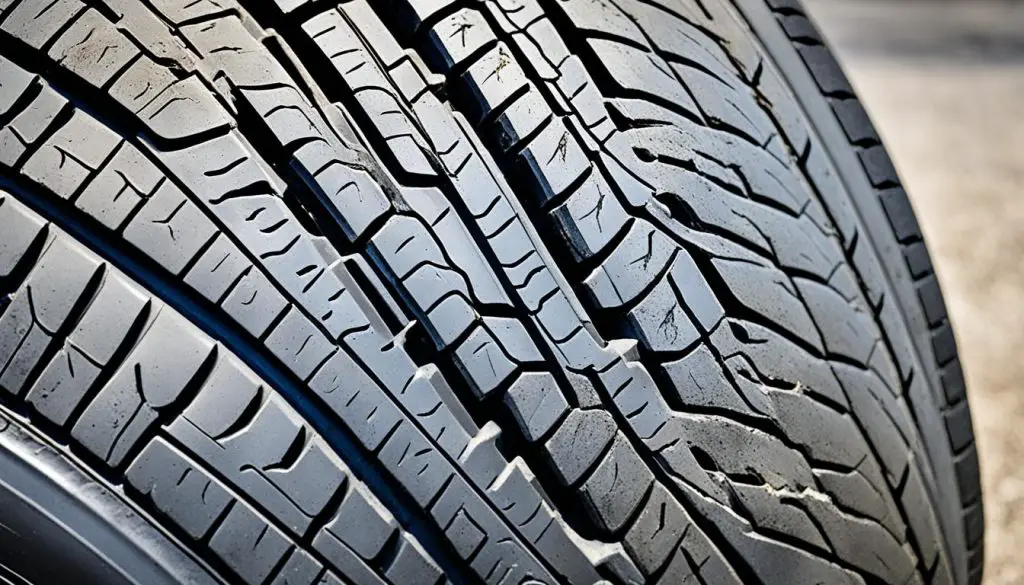
There’s no magic number for how long tires will last. But, taking care of them with good tire pressure, tire rotation, tire alignment, and watching their tire age can help a lot. Practicing these tips means your tires will be safe, dependable, and last a long time in your car.
Choosing the Right Tires for Your Vehicle
Choosing the perfect tires for your car means considering a few important factors. Your vehicle’s owner’s manual will tell you the best tire size and speed rating. It will also give other key information to make sure you get the right tires. Usually, it’s best to get tires that are the same as the old ones or very similar. This ensures a good fit and best performance.
Deciding whether to get winter tires depends on where you live and the road conditions. If you’re not sure what tires to pick, ask a tire expert at a good store for help. They can guide you, making sure you find the perfect tires. You want tires that are safe, perform well, and last long.

Always pay attention to what the car maker suggests for tires. This advice is to keep your car safe and working well. When you listen to the experts and the car maker, you’re on the path to choosing well for your car and how you drive.
Tire information: Tire Safety and Warranties
Tires connect your car to the road, so tire safety is vital. Know about any tire recalls that might affect you. Prompt attention to these recalls is crucial, as they can pose serious dangers.
Tire Recalls
Recalls happen for various reasons like manufacturing defects or design issues. When a recall occurs, the manufacturer might replace or refund the tires. It’s critical to act fast upon receiving a recall notice to keep your tires safe.
Tire Warranties and Guarantees
Looking into tire warranties and guarantees is also crucial when picking tires. Manufacturers offer different coverage like protection for treadwear and workmanship defects. Knowing these details ensures you get the most out of your tires.
Conclusion
Tires are vital for your car, keeping you safe on the road. Knowing about tire types, sizes, ratings, and care helps you choose well. By using this guide, you can wisely pick your car’s tires to keep it running smoothly.
If you’re looking at all-season, high-performance, or winter options, we’ve covered them all. Don’t forget about maintenance. Checking pressure and rotating the tires will make them last longer. It also boosts safety and performance.
Staying updated on tire tech, safety, and best practices ensures you get the best tires. These are your car’s direct connection to the road. Choosing the right ones will greatly improve your driving and your car’s safety.
FAQ
What are the different types of car tires available?
There are many types of car tires for different needs. These include all-season, high-performance all-season, and high-performance summer types. Ultra-high-performance summer, winter, all-terrain, run-flat, and airless variations are also available.
How is tire size typically expressed?
Tire size is shown as a series of numbers and letters. For example, 245/40-R18. This shows the tire’s width, aspect ratio, and wheel diameter.
What do tire ratings like speed rating and treadwear mean?
Speed ratings tell us the fastest a tire can go safely. Treadwear ratings estimate a tire’s lifespan, but they can only be compared within the same brand.
How do I maintain my tires properly?
Keeping your tires in shape is vital. Check tire pressure and rotate them regularly. Maintain proper alignment and look out for the manufacturing date to track their age.
How do I choose the right tires for my vehicle?
Check your owner’s manual for tire specifications and recommendations. A tire expert can also help you choose the best tires for your vehicle and driving habits.
What about tire safety and warranties?
Know about any tire recalls that could affect your vehicle’s safety. Tire makers provide warranties that cover tread wear, road hazards, and their work. This protects you and your investment.
